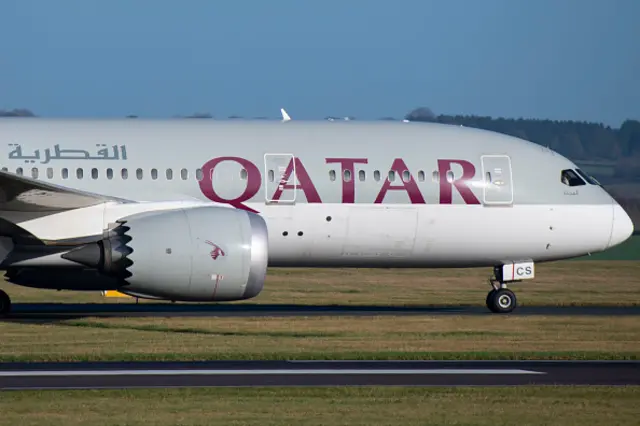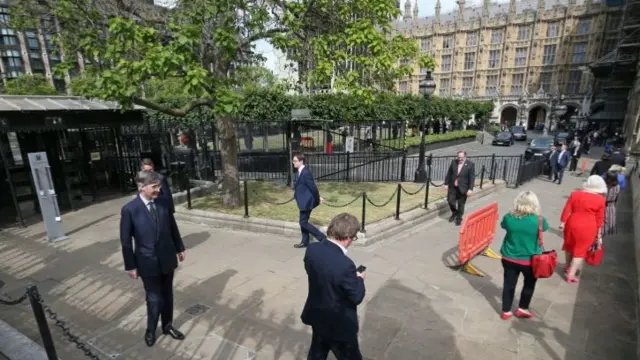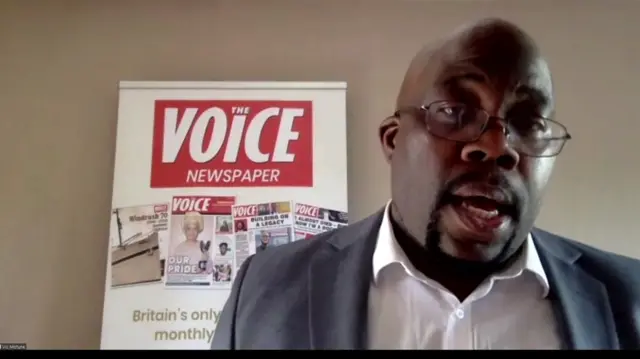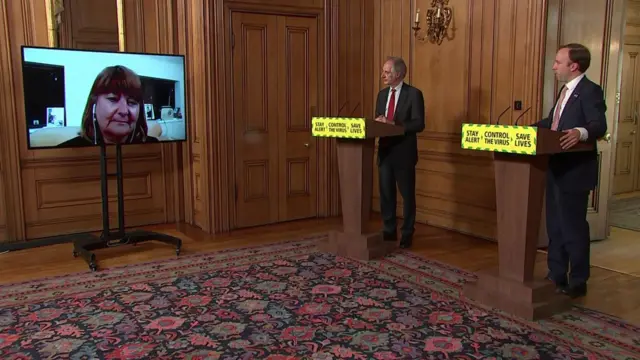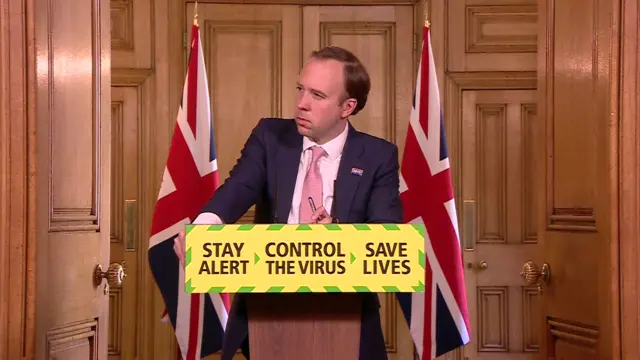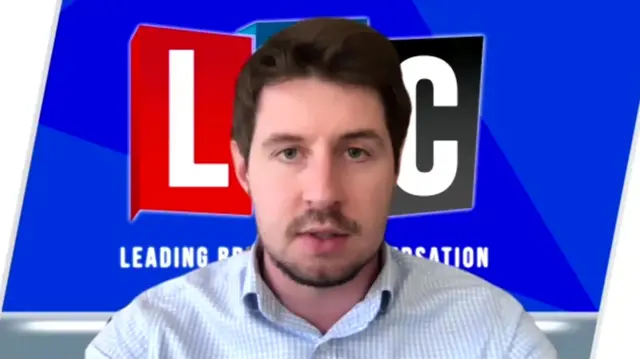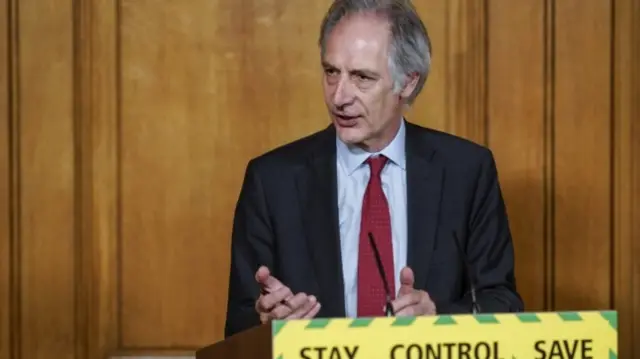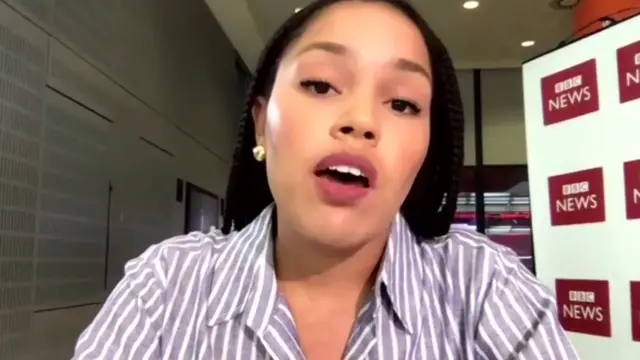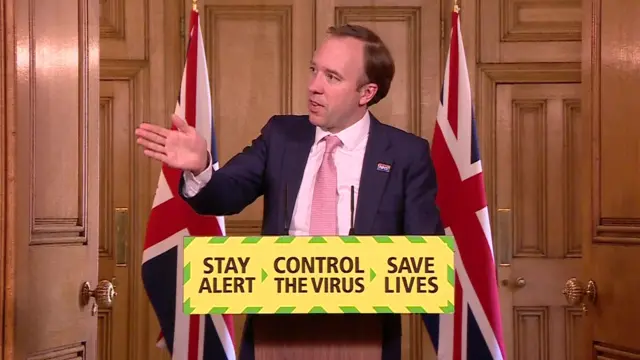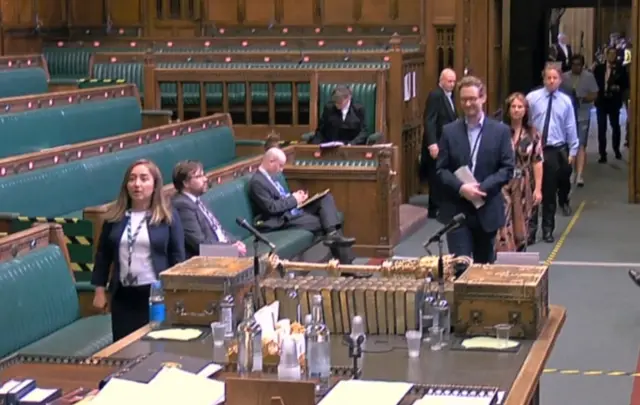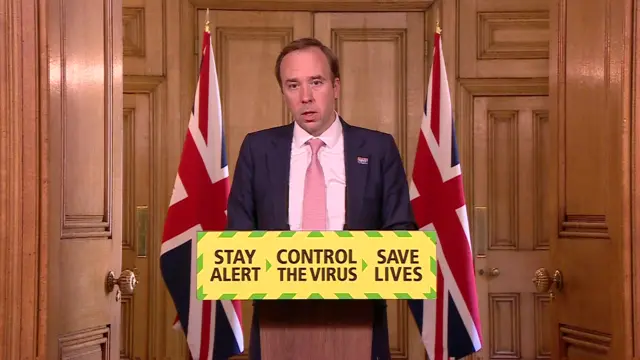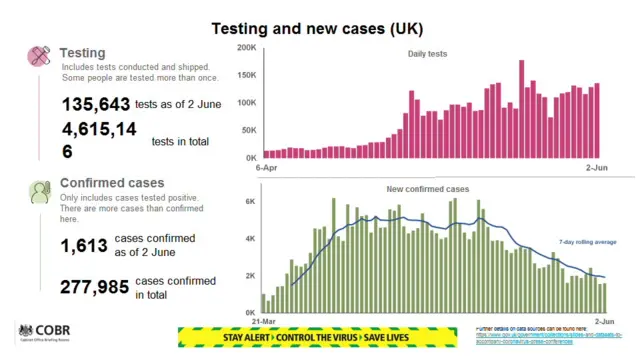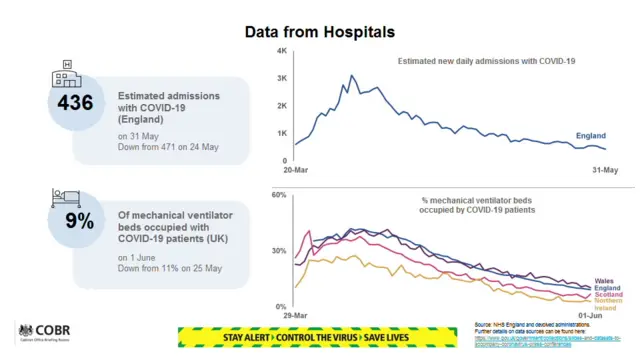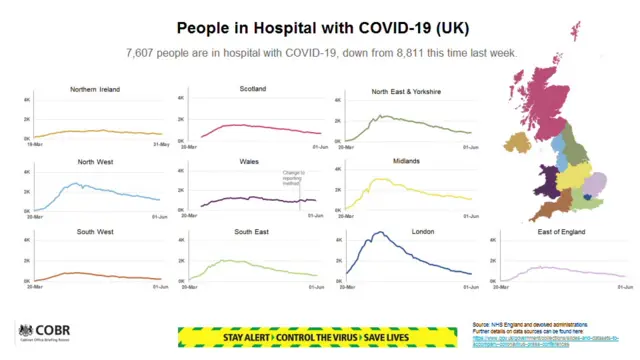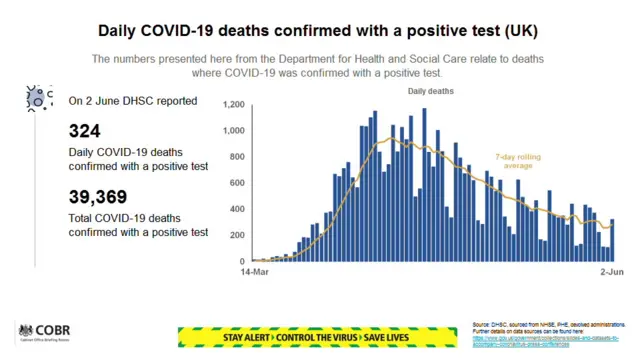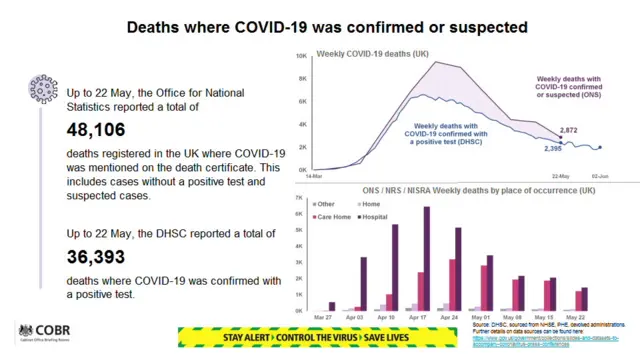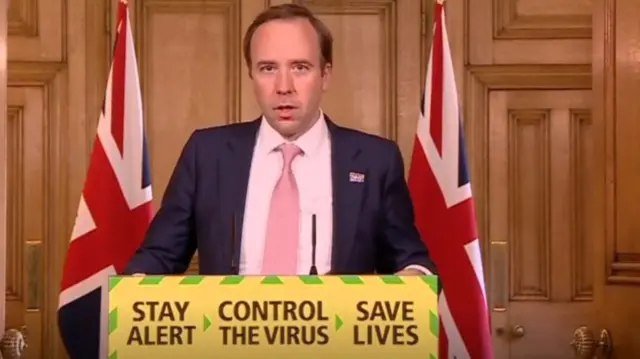How the virus tore through Britain's ethnic minority communitiespublished at 18:30 BST 2 June 2020
Ashitha Nagesh
BBC News, London
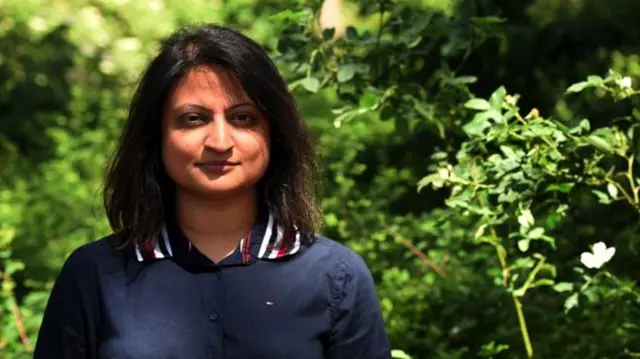
Zohra Khaku runs the Muslim Youth Helpline - and this has been her busiest period ever
"We've been going for 19 years, but we've never been as busy as this," Zohra Khaku, who runs the Muslim Youth Helpline in the UK, tells me.
She is one of many outreach workers in this country dealing with the overwhelming impact the virus has had on Black and Asian communities.
Now, Public Health England has confirmed that ethnic minorities are disproportionately more likely to become critically ill with the virus, and to die.
The effects have been brutal - not just physical, but psychological, societal and financial. And they hint at why our communities were so vulnerable to the pandemic in the first place.
